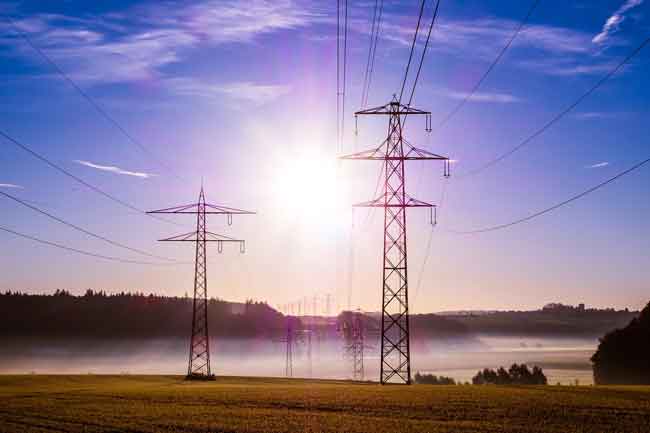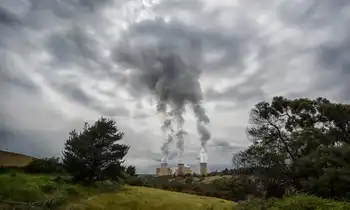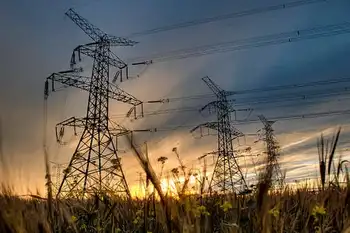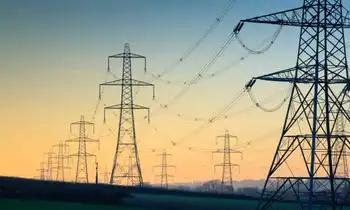GDF Suez to pay for nuclear plant lifeline
By Industrial Info Resources
Substation Relay Protection Training
Our customized live online or in‑person group training can be delivered to your staff at your location.

- Live Online
- 12 hours Instructor-led
- Group Training Available
Belgium recently decided to extend the life of older nuclear reactors, reversing an earlier decision to phase out nuclear power in the country. However, the government also introduced a huge levy for the privilege on Electrabel SA, a subsidiary of GDF Suez, which runs all of Belgium's seven reactors in the country's two nuclear power plants.
This includes a 500 million euro investment in renewables and a yearly charge of up to 245 million euros from 2010 through 2014.
At the time, angry GDF Suez Chairman and CEO Gérard Mestrallet, said: "Not 500 million euros, not a cent, zero."
However, it seems that GDF Suez has changed its mind and is agreeing to the government's demands. As a result, GDF Suez will:
• contribute between 215 million and 245 million euros to the state budget between 2010 and 2014, along with other nuclear power producers;
• prepare a 500 million euro programme of investment in renewable energies via Electrabel;
• recruit more than 10,000 staff in Belgium by 2015;
• by 2015, create a permanent body of 500 training positions, alternating between the company's various subsidiaries;
• invest significant sums in research, including 5 million euros in nuclear research institutes and additional funding for research of carbon capture and storage;
• maintain a high level of activity in Belgium, in particular retaining the Energy Europe and International business lines, as well as the Tractebel Engineering bases in the country.
"The Group is glad to have concluded with the Belgian government an ambitious deal for the future, which provides a stable and long-term framework for the industrial development of GDF Suez in Belgium," said a more amicable Mestrallet. "The agreement means we can confirm our commitment to invest in the nuclear units Doel 1 and 2 and Tihange 1, in line with the decision to extend their operational lifetime by 10 years, through to 2025, in optimum safety conditions. In addition to this commitment, which is essential for security of supply, GDF Suez also firmly undertakes to invest in the development of renewable energies, to support the government's policy on jobs and vocational training and to devote significant sums to research."
Nuclear power accounts for 55% of Belgium's power generation. The closure of three reactors by 2015 would have left the country with an energy crisis, as the country's renewable power sector is nowhere near being ready to fill the gap.











